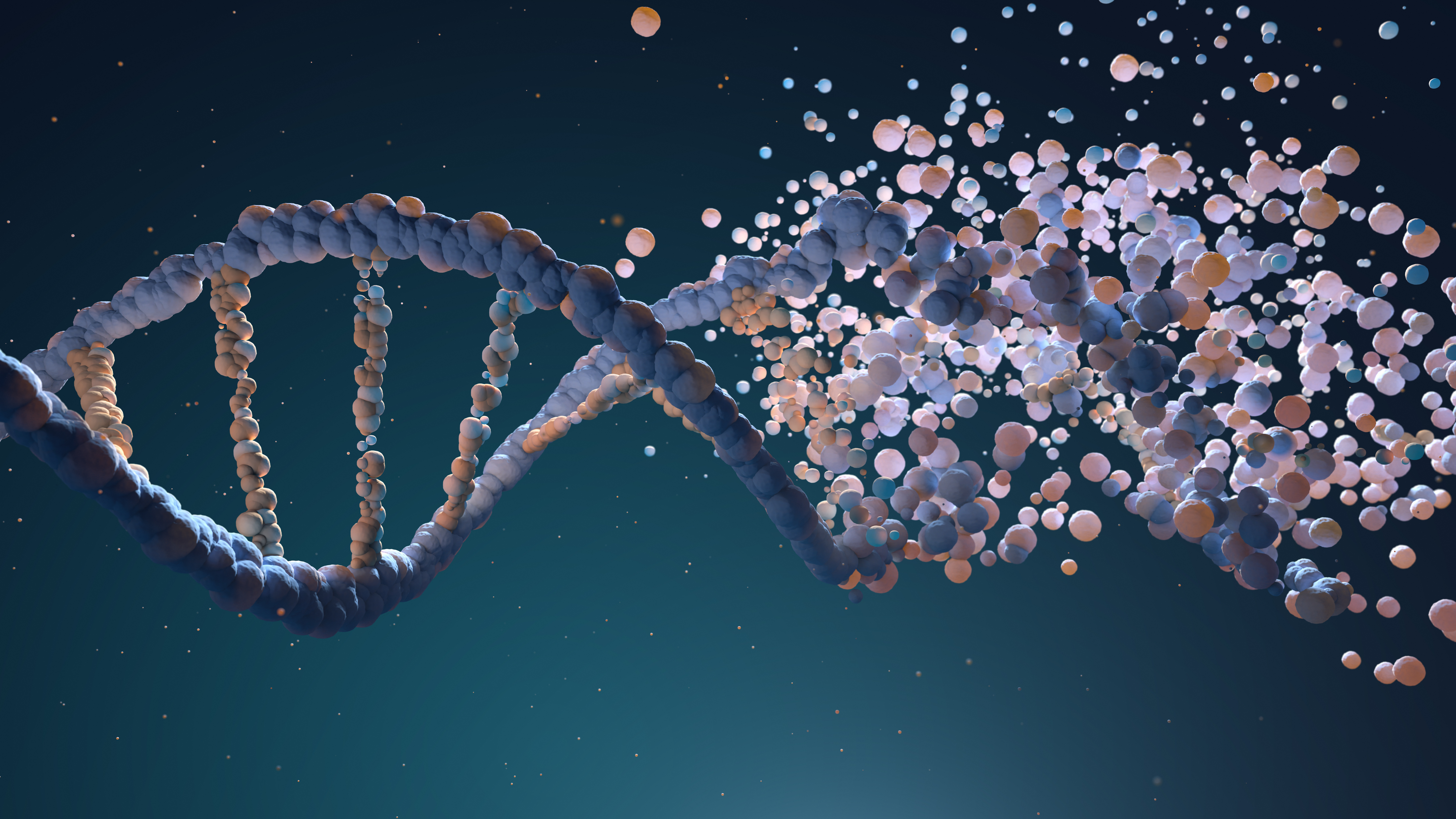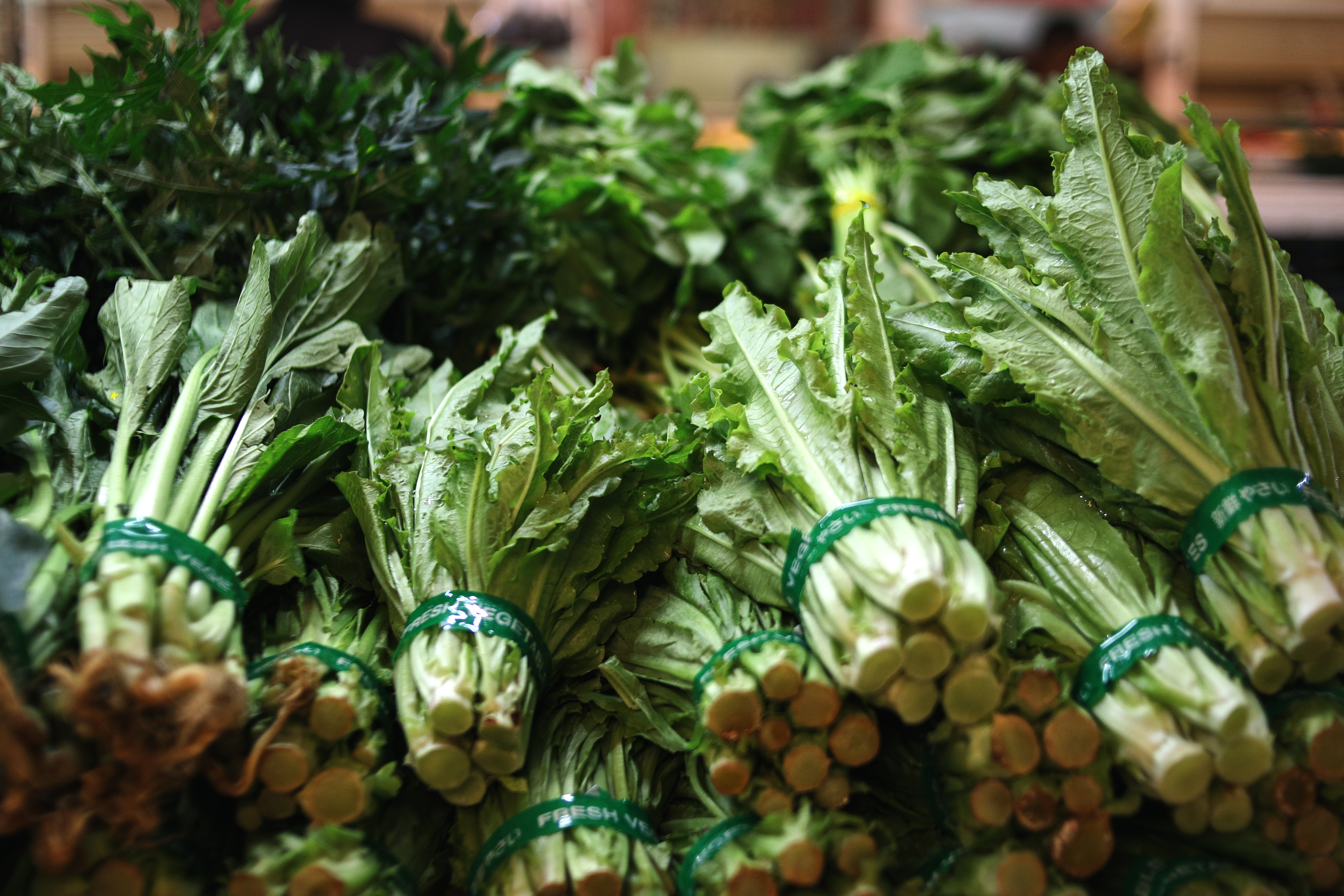12 Epigenetic Hacks: Simple Ways to Influence Your Genes for Better Health
Your DNA isn’t a sentence—it’s a starting point. While your genes may set the stage, they don’t dictate the entire performance. That’s where epigenetics comes in: the powerful science revealing how your daily choices—what you eat, how you move, the stress you carry, even the thoughts you repeat—can switch genes on or off like dimmer lights. In other words, you’re not just the sum of your genetic code—you’re the co-author. This article dives into 12 fascinating, science-backed ways to influence your gene expression, not through gimmicks or extremes, but through small, intentional habits that add up over time. Whether you’re looking to prevent disease, boost vitality, or simply live in better alignment with your biology, these strategies offer a blueprint for how to turn your genes into allies—not limits. The power isn’t hidden in your DNA. It’s in how you live with it. Ready to rewrite your story? Let’s begin.
1. Understanding Epigenetics: The Basics

Epigenetics refers to the study of changes in gene expression that do not involve alterations to the underlying DNA sequence. These changes are influenced by various factors, including diet, stress, and environmental exposures. Unlike genetic mutations, which are permanent, epigenetic modifications can be reversible. They act like switches, turning genes on or off, or dimming their activity. This dynamic nature allows for a flexible response to the environment, enabling organisms to adapt to changes without altering their genetic code. Understanding these mechanisms provides a powerful tool for influencing health and disease outcomes, setting the stage for targeted interventions.
2. Diet and Nutrition: The Building Blocks

What we eat can significantly impact our epigenetic landscape. Nutrients and bioactive food compounds can modify gene expression by influencing DNA methylation and histone modification processes. For example, folate, found in leafy greens, is a key player in methylation, a crucial epigenetic mechanism. Similarly, polyphenols in berries and green tea have been shown to modulate gene expression related to inflammation and cancer. By choosing a diet rich in fruits, vegetables, whole grains, and lean proteins, we can provide our bodies with the essential components to support optimal epigenetic health, potentially reducing the risk of chronic diseases.
